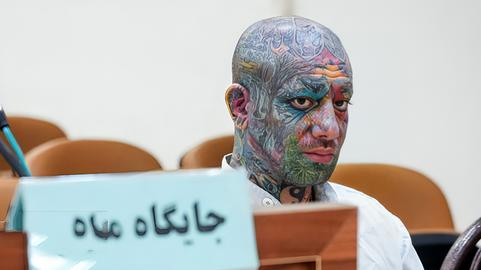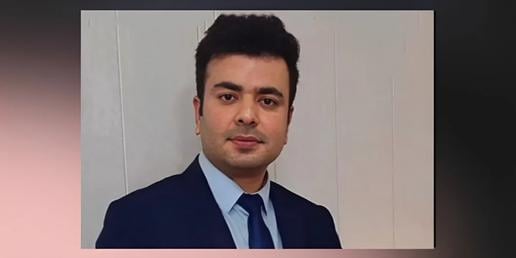May 3 is World Press Day. Once a year, the journalism community celebrates press freedom around the world and the vital work that journalists do, often at great personal risk. It is also a day to pay tribute to reporters who have lost their lives while going about their work.
"Quality journalism enables citizens to make informed decisions about their society’s development. It also works to expose injustice, corruption, and the abuse of power,” says UN Secretary-General Ban Ki-moon of World Press Day. In order for this to happen, he says, journalists must be given “an enabling environment in which they can work independently and without undue interference, and in conditions of safety."
Unfortunately, this “enabling environment” does not exist in many countries around the world, including the Islamic Republic of Iran.
According to the Committee to Protect Journalists (CPJ), Iran ranks seventh on its list of 10 Most Censored Countries, as well as being among the ten most worst jailers of journalists worldwide.
And, yet, on April 29, during an interview with US journalist and talk show host Charlie Rose, Foreign Minister Mohammad Javad Zarif said, “We don’t jail people for their opinions."
Speaking on the PBS program about nuclear talks, the human rights situation and US-Iran relations, Mr Zarif’s comments caused outrage and dismay among Iranian social media users.
“Iran maintains it does not detain journalists for their media work, but rather for national security crimes,” says UN Human Rights Rapporteur Dr Ahmed Shaheed. “However as a journalist, you can’t criticize the authorities, or question public officials, so the scope of freedom of expression is restricted — and this is an impermissible restriction to that right.”
Dr Shaheed lists prolonged periods of solitary confinement, various forms of torture, trumped-up charges and hasty trials as some of the obstacles and punishments journalists face in Iran.
Despite Zarif’s words, and similar comments made by President Hassan Rouhani during an interview with CNN’s Christiane Amanpour last year, the reality is that there are dozens of journalists and bloggers behind bars in Iran.
Although numbers are constantly changing, and often journalists are arrested without the media being informed, CPJ concluded there were 30 journalists in jail in December 2014.
Censoring the press has a long history in Iran but the situation drastically worsened following the regime’s crackdown on journalists, political activists and anyone else who took to the streets demanding democracy during the Green Movement Revolution of 2009.
From high-profile Iranian journalists, like Ahmad Jalali Farahani to those less-known, such as Ehsan Akbari, the Islamic Republic has struck down hard on countless reporters exercising their basic human right to freedom of expression. And this targeted oppression is not only restricted to the mainstream press.
Journalists currently held in Iranian prisons include Yaghma Fakhshami, Hossien Ronaghi Malki, Atena Ferghdani, Saeed Pourheydar, Masoud Bastani and Sarajedin Mirdamadi.
Social media users and bloggers also fall victim to this harsh treatment. Blogger Sattar Beheshti died just four days after going into police custody in 2012 after undergoing harsh interrogations; the controversial “blogfather” Hossein Darakhshan spent six years behind bars, where he was frequently beaten and tortured.
American-Iranian dual national and Washington Post Correspondent, Jason Rezaian, was imprisoned in July 2014, where he remains to this day. Charged with espionage and three other offences, his real crime was being a journalist in Iran.
Press freedom in Iran is, without doubt, in a dire state. But World Press Day offers an opportunity to help shed light on how vital it is for nations to have a free press, where journalists can live without fear of reprisals for their actions. Only by discussing and drawing attention to what is happening in Iran, and other press-restricted countries, can we hope to achieve progress — progress for Iran’s journalists, and the Iranian people at large.


























comments